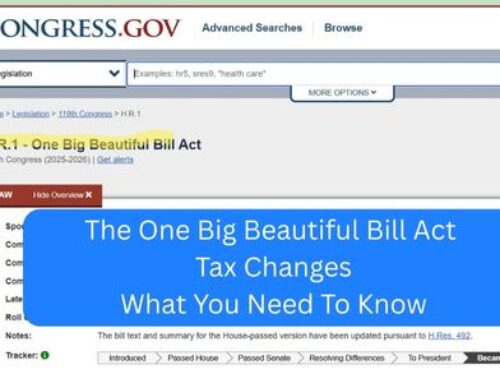The New York Fed released some very interesting data about when people expect to retire. Across nearly all categories, people expect to retire earlier. What does that do to retirement planning and how much you’ll need to save especially when life expectancy is increasing? Let’s look at what all this could mean.
The Data
The Fed asked 2 questions. Do you think you’ll be working beyond age 67 and do you think you’ll be working beyond 62. This is the average of all the people that the Fed surveyed. In 2014, 55.3% of respondents thought they’d be working beyond 62. That dropped over 9% to 45.8% in 2024. In 2014, 36.1% of respondents thought they’d work beyond 67. That dropped almost 5% to 31.2%.
Averages are great but let’s look at more representative data broken down into a few demographic categories.
These are some of the sub-categories in the data that are probably most representative of you the reader.


So What Does This Mean?
One possible reason for this is that people are just being more realistic. Most people think they’ll work longer than they actually do (usatoday.com & CBSnews.com). If that’s the case, then the new survey data probably isn’t that big of a deal. On the other hand, if people end up retiring earlier than these newer expectations it could be even more challenging.
Increasing Life Expectancy
That average 62-year-old man can expect to live another 20 years and a woman can expect to live another almost 23 years. As a couple there is a greater than 40% chance that one of them will reach age 90. That’s a 28-year retirement window they’ll need to have money saved for. These are also population averages. If you’re educated and higher income, all other things equal, you’re more likely to live even longer.
Health Care & Social Security
Retiring at 62 also means you’ll need to figure out health care until you can get on Medicare at 65. This can be a significant expense especially if you have pre-existing conditions. At 62, you can claim Social Security, but it’s at a significantly reduced rate than if you wait until you hit your full retirement age (67 for most people) or even better wait until 70 to get your delayed claiming credits.
How does Military Retirement (or a pension) impact the ability to retire early?
For military retirees or those receiving a pension, early retirement is often possible. The military retirement couple with VA disability, if applicable) provide a great foundation of reliable, inflation-adjusted income. Having that and Social Security may take care of much of your Minimum Lifestyle Expenses (food, housing, utilities, transportation, and medical). Military retirement also eliminates most of the medical expenses other early retirees have to plan for. I’ve written about calculating how much you need for your MLE and discretionary income.
End Point
Retiring early while you’re still healthy enough to enjoy it is a great goal, but it does take planning and for most saving a significant amount of money while they are working. You can retire on less, but you may find that you need to reduce your spending and your plans for your retirement.



